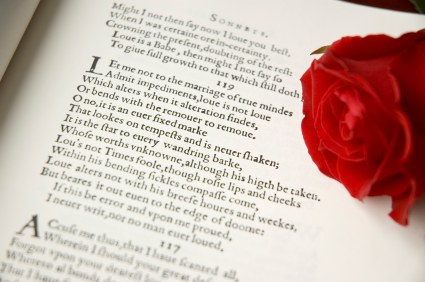Poetry Scam
The poetry scam preys on the hopes and aspirations of unassuming authors.
You dream of being a published writer.
You get an offer that will make your publishing dreams come true.
You have contacted several companies and now one of them sends you an email to say you have been selected for publication. Before you break out the champagne, you should do some research! This could be a poetry scam.
To make it to print you usually have to pay the publication costs yourself. You may be so desperate to get published that you choose to run with it. What you will end up with is a garage full of books that you have trouble selling. An alternative scenario is that you end up with only a few copies that cost thousands of dollars each, or worse, you end up with no books at all.
Scammers are very good at deceiving you into believing that they run reputable publishing houses, and will charge you much more money than it would cost if you self-publish on your own.
Advice
Avoiding the poetry scam starts when you first begin submitting your work to prospective publishers. Start by checking if the publishers are legitimate by looking them up in the Preditors and Editors website.
You can also look for publishers in the Writer's Market book.
As well you should verify the address of the publisher [scammers tend to use a post office box or drop-off address], and ring the phone number [scammers often don't provide these]. If the contact details such as address, phone, fax and email are not prominently displayed on their web address, look somewhere else.
Publishers or agents who charge reading fees for submissions should be avoided. It often indicates they are making money from fees rather than book sales!
For beginner writers looking for success, the most popular method is to get an agent who will submit your work to publishers. If you bypass the agent and deal with publishers who charge for the publication of the books, they are not traditional publishing houses. These sort of companies are known as vanity publishers or print on demand publishers and are usually not regarded highly in the publishing industry.
They tend to charge very high prices, carry out little or no editing, and provide little or no marketing or promotion of the books. The book quality is generally not high.
This is not the recommended route for beginner writers.
A recent variation is for self publishing scammers to try to appear as reputable publishers claiming to charge no publisher's fee to accept the book. Instead what they do is require the author to pay an editor from a list the publisher provides, to get the manuscript into shape. In fact the 'editor' is one of the publisher's employees, and the author's money ends up back in the publisher's pocket.
It is exploiting the writer's desperation to get published.
Read our page on
poetry
scam advice that highlights some of the red flags in poetry scams as
well as other publishing scams.
- Home ›
- Publishing Scams ›
- Poetry Scam